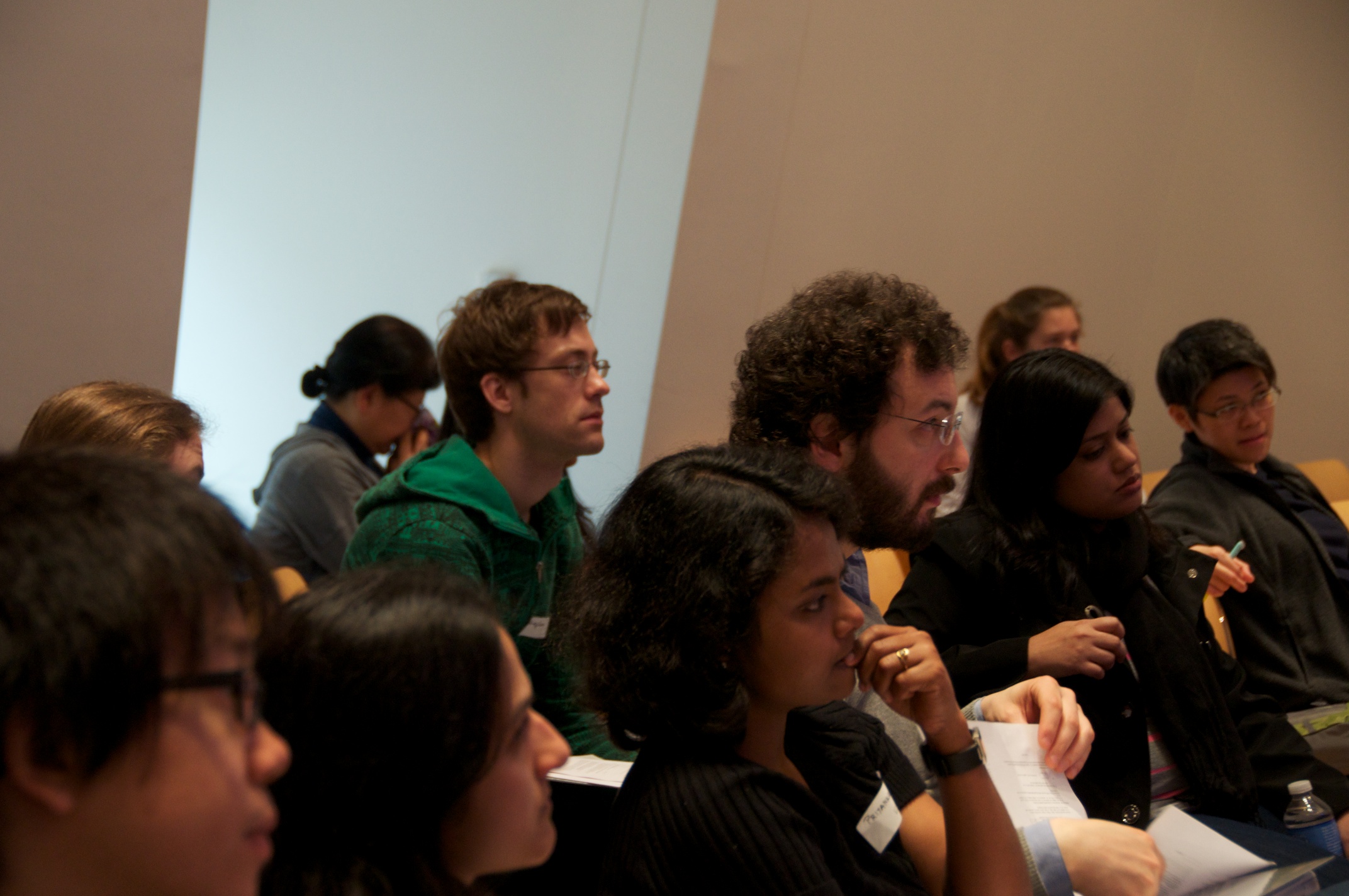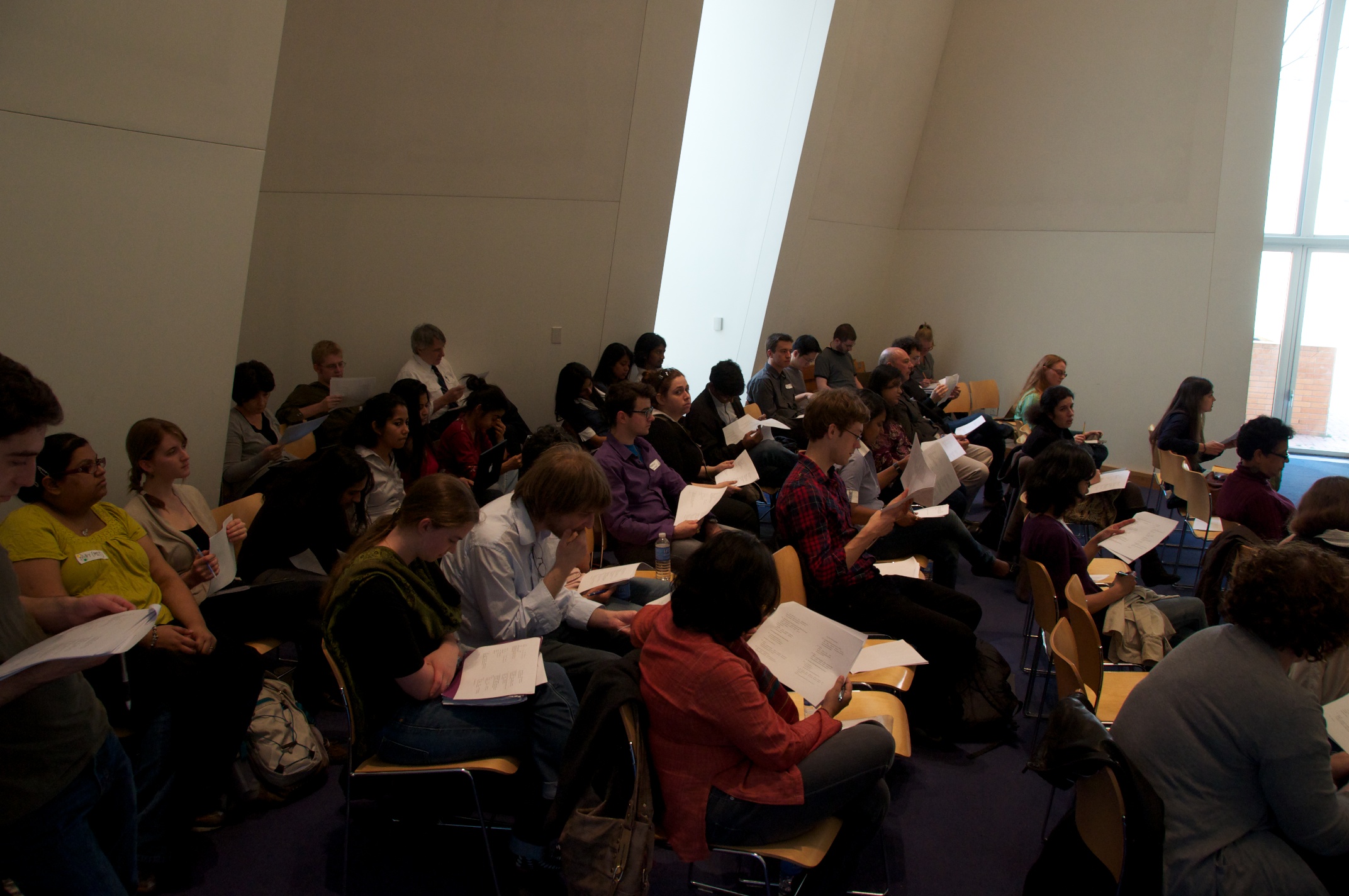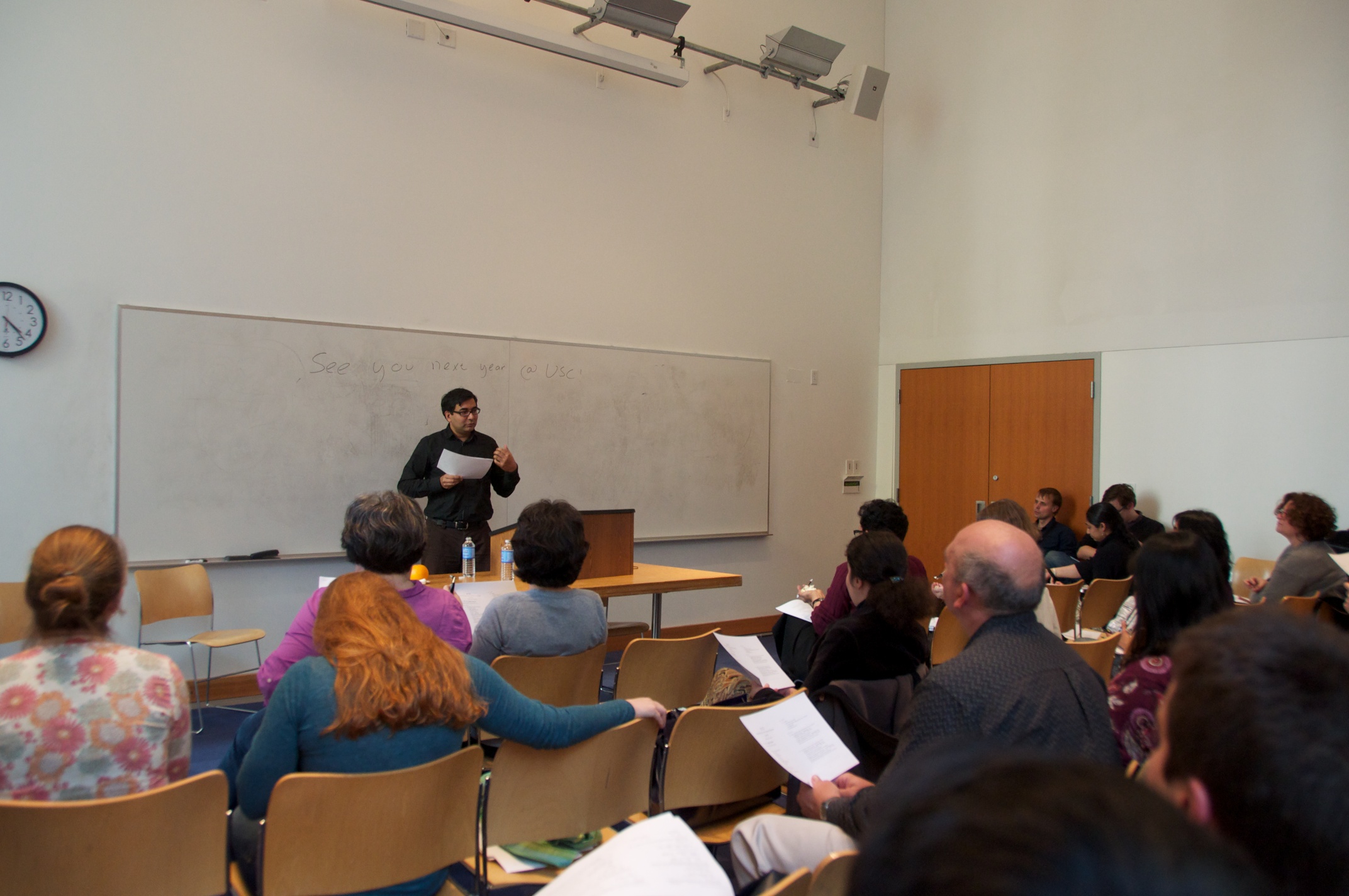Speaker: Theresa Biberauer (University of Cambridge)
Title: 231 and the Final-over-Final Constraint
Date/Time: Tuesday, Mar 20, 1-2p
Location: 32-D461
In terms of the Final-over-Final Constraint (FOFC), structures in which a head-final phrase dominates a head-initial phrase within the same extended projection should be ruled out (cf. Biberauer, Holmberg & Roberts 2007 et seq.). While 2-verb clusters at all stages of Germanic seem to reflect this constraint, the same is apparently not true of 3-verb clusters: as i.a. Wurmbrand (2005), Barbiers (2005), Schmid (2006), Biberauer & Walkden (2010), Biberauer (2010) and Salzmann (2011) observe, a number of West Germanic varieties – notably, West Flemish, certain Swiss German varieties and Afrikaans – feature structures in which 231 orders are either obligatorily or optionally available (3 here refers to the most and 1 to the least deeply embedded verb in the cluster). The purpose of this talk is, firstly, to give an overview of the data, highlighting in particular the extent to which 231 structures are available in Afrikaans, the least well studied of the troublesome Germanic varieties; secondly, to consider the data against the background of existing attempts to account for the FOFC phenomenon (Biberauer, Holmberg & Roberts 2011, Sheehan 2011, Cecchetto 2010, Hawkins 2012), all of which will be shown to fall short in different ways; and, finally, to consider the question of what 231 phenomena suggest about the nature of FOFC and, accordingly, what a successful analysis of this phenomenon might look like.



